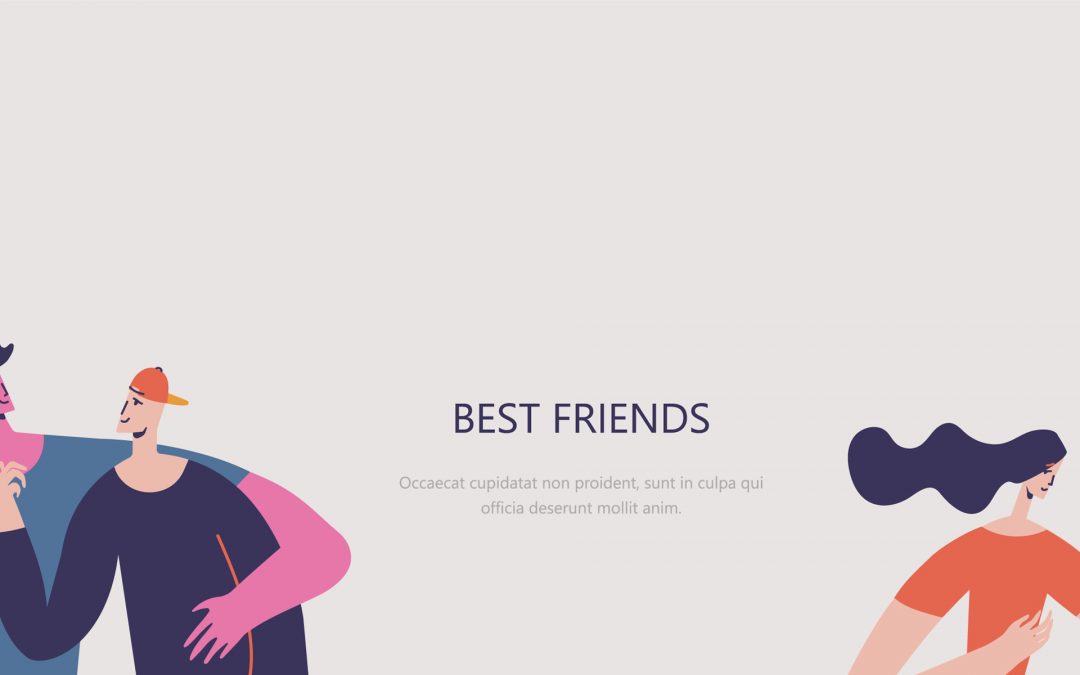I think we are a multitude and our task is to befriend each aspect of ourselves.
What happens if we don’t fit in the box of one personality type like extrovert, introvert, omnivert? Many dating apps, relationship self-help books and personality diagnostic webpages cater to the need for reassurance that our self or our future partners self is measurable and won’t change once we partner them at work or home. Are we really born with one personality or a disposition that changes little throughout life?
The worst unscientific example for me is the men are from mars women from venus typology. A simple binary, you’re one or the other. If you identify as non-binary you don’t exist. One system I refer to in couples counselling is the love languages. Five types are the sum of human relationships, if you want to believe it. Then the enduringly popular Myers-Briggs has four dimensions giving way to 16 personality types that all have a lovely palatable glow – no room for the just plain fearful or dark sides to people’s personalities. Each give little room for the huge changes I have observed personalities exhibit over the life span.
For example, the radical changes following birth or death of a child, near death experiences and during extreme experiences like warfare, captivity or natural disasters.
Stepping out of a relationship mind set – these typologies feel mind shrinking rather than life expanding, they tend to exclude natural possibilities rather than include all human potentials.
In some ways the easiest of these systems for me to fault is the emotion focussed therapy typologies that underpin my couple practice. Here there is a comforting 4 way typology of attachment styles – secure, anxious, dismissive and disorganised. We can map where every person in a couple in this 4×4 somewhat fluid box, with the secure (sic) knowledge that these personality preferences were set in childhood, and are likely to describe where the relationship will be experiencing its growing edges.
It helps me to map the stuck places in my couple work but it feels limiting. I want to occupy all four boxes in any mix that best fits the situation I am in. Situations have a power all of there own. Just like real estate’s mantra (location, location, location) in coming to understand human personality, situation can be more powerful than patterns set in childhood.
Wilful blindness, for example, is not a personality trait described in mars and venus.
